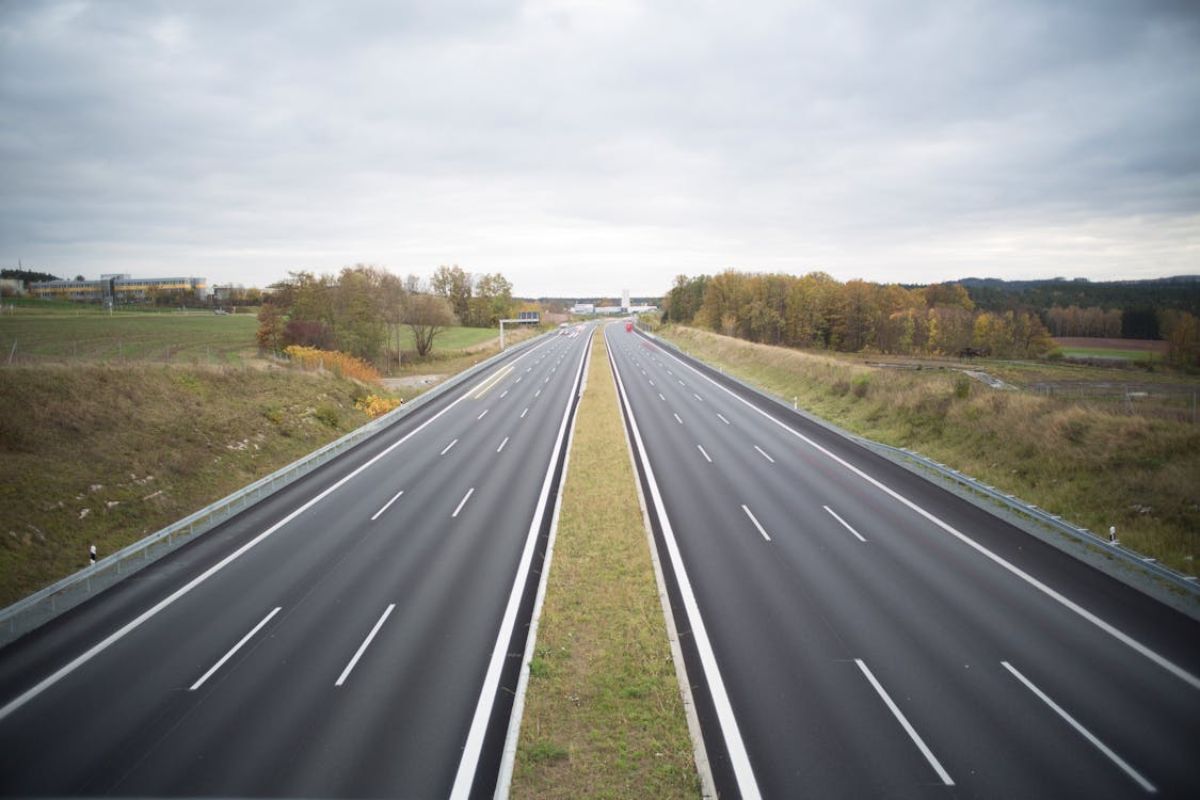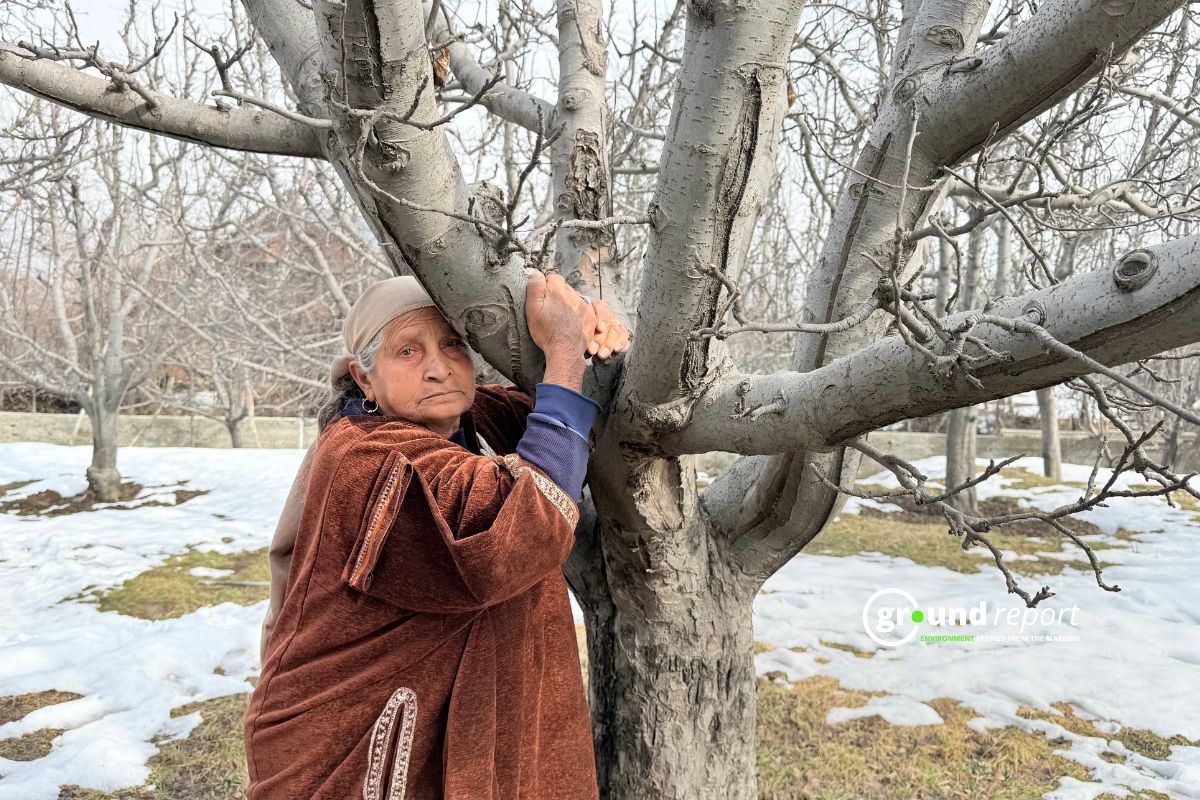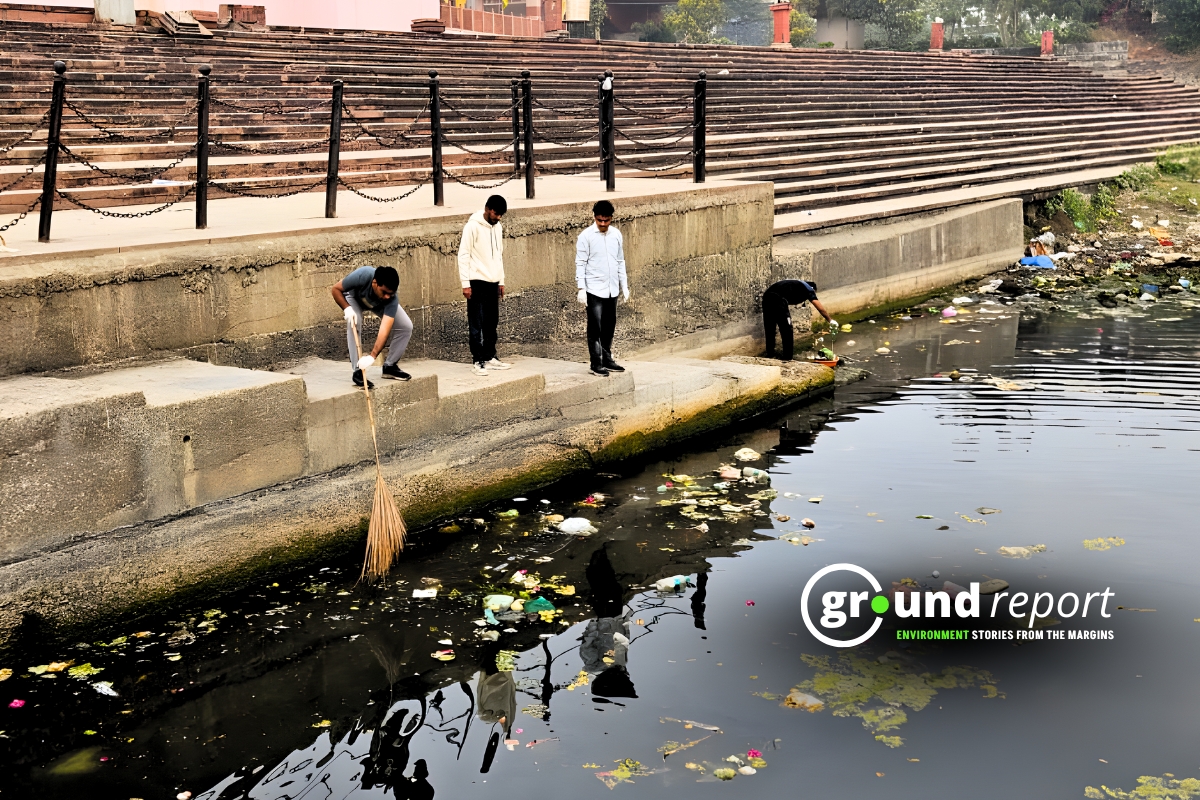The National Highways Authority of India (NHAI) is venturing into innovative technology to revolutionise road maintenance nationwide. The focus is on self-healing roads, a pioneering solution to address potholes, a significant cause of road accidents and fatalities in India.
Despite the advancements in highway connectivity across the country, the persistent issue of potholes, particularly in rural areas, remains a challenge. With technology evolving rapidly, NHAI is exploring self-healing materials for road construction as a promising solution to this longstanding problem.
What are Self-Healing roads?
A new asphalt blend has been developed that can autonomously repair itself. This composite is a mix of steel fibers and bitumen, and it has the potential to reduce potholes, prolong the durability of roads, and cut maintenance costs.
Self-healing roads are constructed using a unique asphalt blend designed to repair itself. This special asphalt contains steel fibers and epoxy capsules, enabling it to mend minor cracks and prevent water from seeping in.
Durable, versatile, eco-friendly, smooth, quiet
Asphalt is a sustainable paving material widely used in the construction of pavements, highways, airport runways, parking lots, and driveways. It offers several benefits, including accelerated construction, environmental friendliness, and a smooth and quiet ride for users.
This versatile material is crafted from a blend of aggregates, binder, and filler. Aggregates are combined with bitumen to form a robust and dependable mixture. Hot asphalt mixtures are transported to designated sites by specialized trucks or transporters, where they are then spread and compacted using heavy machinery.
When a gap forms in the road, the bitumen expands to fill it, while the steel threads help to patch the pothole. This technology has the potential to revolutionize the way roads are built and maintained.
The new asphalt blend is still in the early stages of development, but it has the potential to make a significant impact on the way we travel. If it is successful, it could lead to roads that are more durable and less expensive to maintain.
Potholes aren’t just inconvenient; they’re a serious hazard. In 2022, they caused 4,446 accidents and claimed the lives of 1,856 people in India alone. To tackle this issue, the National Highways Authority of India (NHAI) is set to embrace an innovative solution. According to reports from DD News, this advanced approach will enable roads to self-repair using a revolutionary asphalt blend.
How does it work?
The self-healing process is initiated by heating the steel fibers with an induction machine, which melts the asphalt and allows it to rebind, effectively repairing the road surface.
Follow Ground Report for Environmental News From India. Connect with us on Facebook, Twitter, Koo App, Instagram, Whatsapp and YouTube. Write us on GReport2018@gmail.com and subscribe our free newsletter.
Don’t forget to check out our climate glossary, it helps in learning difficult environmental terms in simple language.






